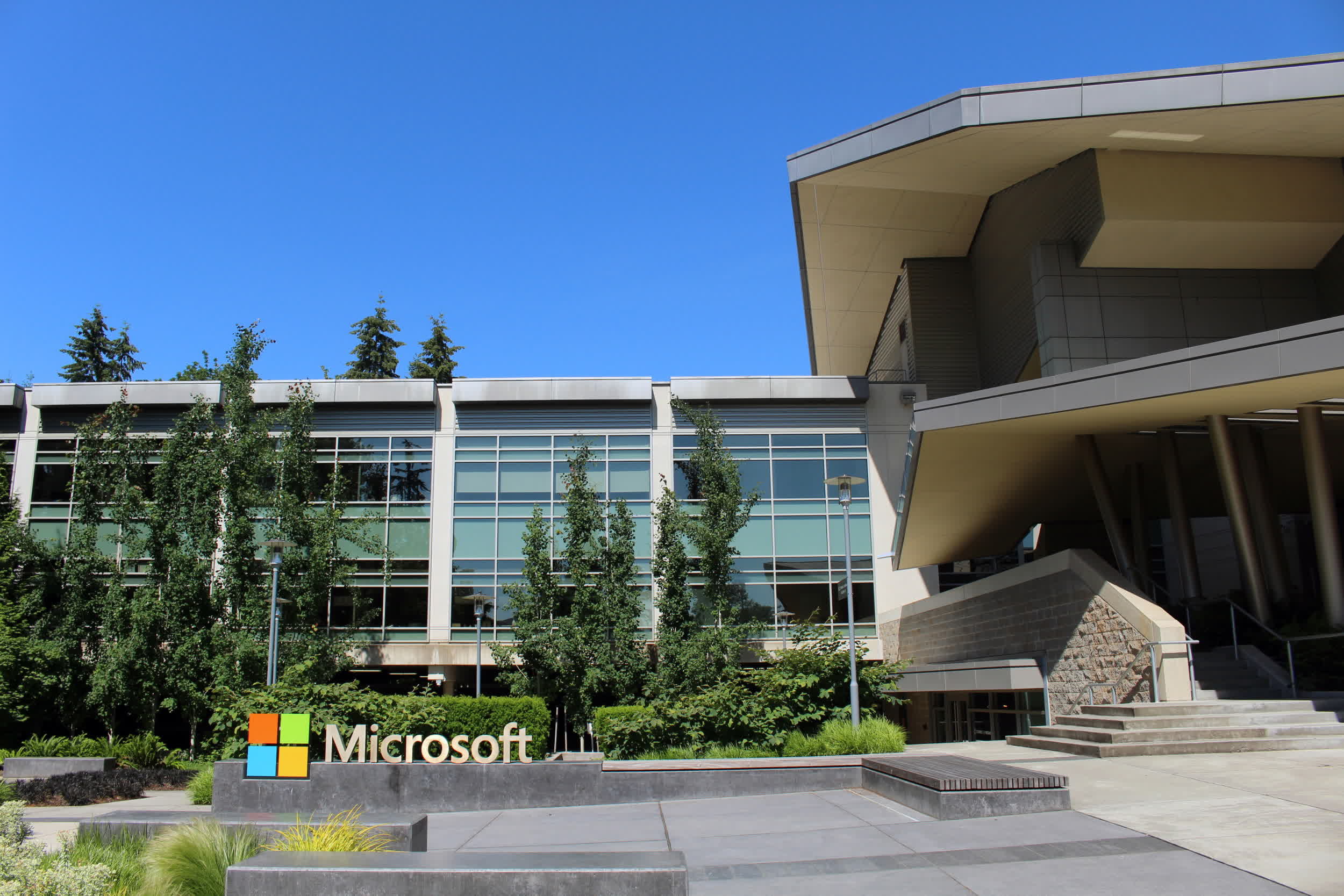TL;DR: Nearly three years after its debut, Windows 11 isn't exactly the most popular (or loved) operating system among PC users. As such, Microsoft is now trying to market the OS to IT professionals and enterprise organizations, which should have a more effortless transition from Windows 10.
Windows 11 isn't selling well, and Microsoft desperately needs new ideas to bring its latest OS to more customers. According to a recent post by Windows senior product marketing manager Harjit Dhaliwal, switching to Windows 11 is one of the easiest upgrades IT professionals can give a company's PC fleet.
Dhaliwal tries dispelling some myths about the cloud-native management paradigm while addressing common questions about Windows 11. He offers IT pros first-hand information to help them mitigate the risks of the seemingly daunting task of switching to the latest edition of Windows company-wide and going full cloud.
The post discusses five "misconceptions" about Windows 11 and the cloud, starting with the idea that Windows 11 deployment can only be done from a cloud-native position. Administrators can quickly deploy Windows 11 with "minimal effort" and limited impact on employees. Microsoft even offers tools like Windows Autopatch to make the transition to the cloud highly enticing to organizations.

Obviously, Dhaliwal wants to sell the idea that managing an organization using Microsoft's cloud services is the best way to enjoy a modern Windows experience, with custom levels of controls on patches and updates. Moving an entire organization to the cloud can take time, but it shouldn't keep admins from transitioning Windows 10 clients to Windows 11.
Another misconception Dhaliwal points out is the big, scary "name change" from Windows 10 to Windows 11. Moving from Windows 10 to 11 is a different experience than transitioning from XP to Windows 7. Microsoft built Windows 11 on the bones of Windows 10. Application compatibility is a non-issue, so admins can treat the upgrade as a simple, quick, and secure Windows 10 feature update.
Microsoft noted a 99.7 percent compatibility level for applications, meaning that software designed to run on Windows 10 will most likely keep running without issues on Windows 11. Companies can be "confident" that IT staff will not endure the pain they experienced during the upgrade to Windows 10.
Dhaliwal also downplayed the most common complaints with Windows 11, primarily the new user interface, the Start Menu, and the Taskbar. He said the revamped interface provides a much better experience on widescreen monitors, and the feedback from business customers has been "fantastic." Managing different Windows versions while switching to Windows 11 can increase costs, but there are ways and (cloud native) tools to minimize the expense and productivity loss.
